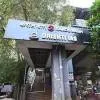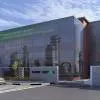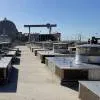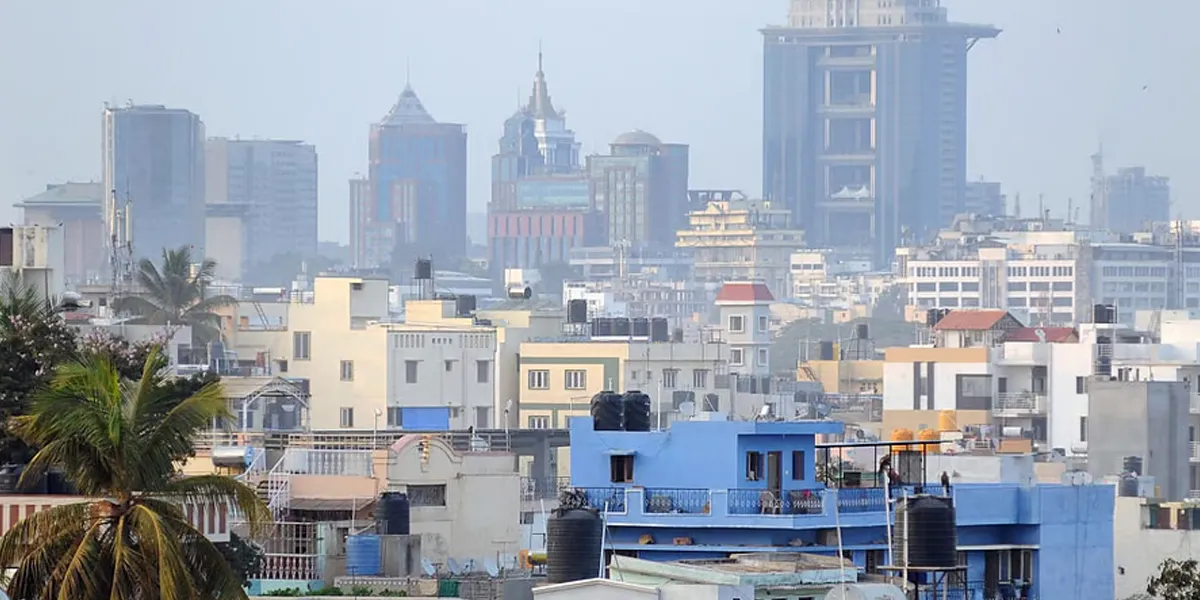
Karnataka Clears Rs 4.05 Billion Plan For Bengaluru Projects
The Karnataka government has approved three separate action plans for Bengaluru, covering a total of 70 civic works worth over Rs 4.05 billion (Rs 405 crore), in anticipation of special funds from the 15th Finance Commission.While the approval allows preparatory work to begin, the funds are unlikely to be released soon. The Finance Commission has repeatedly reminded the state to hold the long-pending civic body elections, which were due in September 2020, before disbursing any grants.According to an Urban Development Department (UDD) order dated 2 September, the action plans correspond to thre..
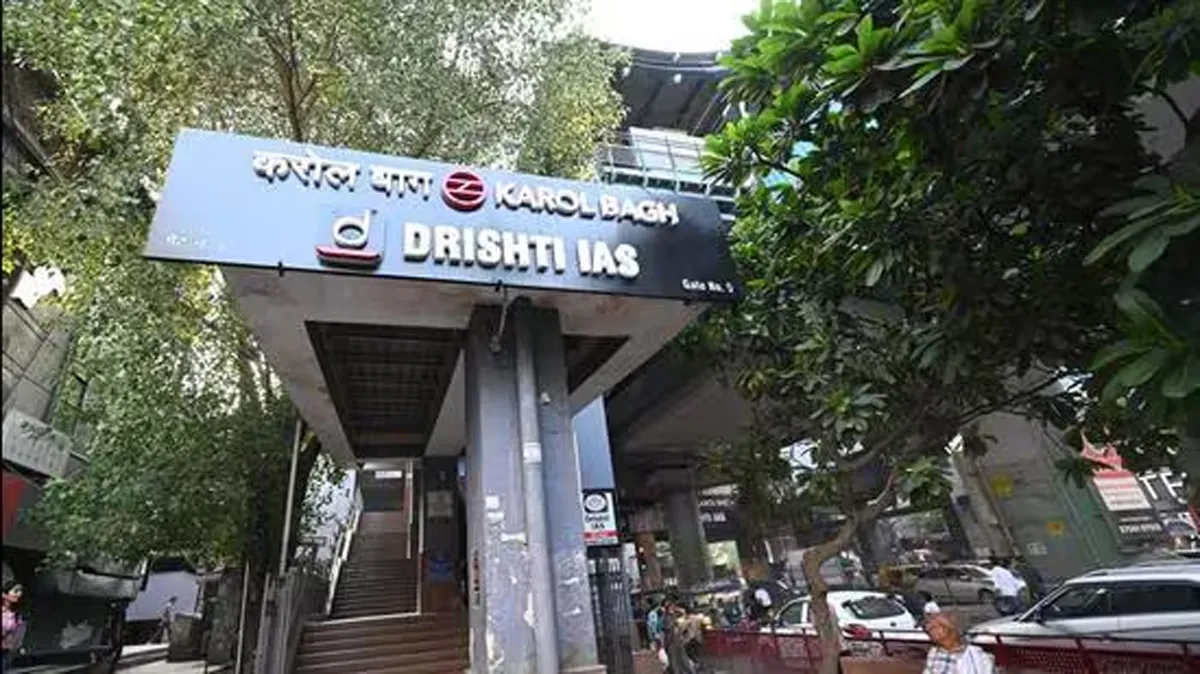
DMRC To Add Escalators, Remodel Karol Bagh Metro Station
The Delhi Metro Rail Corporation (DMRC) will remodel the Karol Bagh metro station in central Delhi by adding new escalators and dismantling an existing staircase to better manage rising passenger traffic. The corporation has issued a Rs 25.8 million (Rs 2.58 crore) tender inviting bids for the project.According to the tender, three new escalators will be installed — one on the market side connecting the ground level to the concourse and two linking the concourse to the platform. At present, the Blue Line station has only one escalator and a staircase.“The goal is to provide better amenitie..
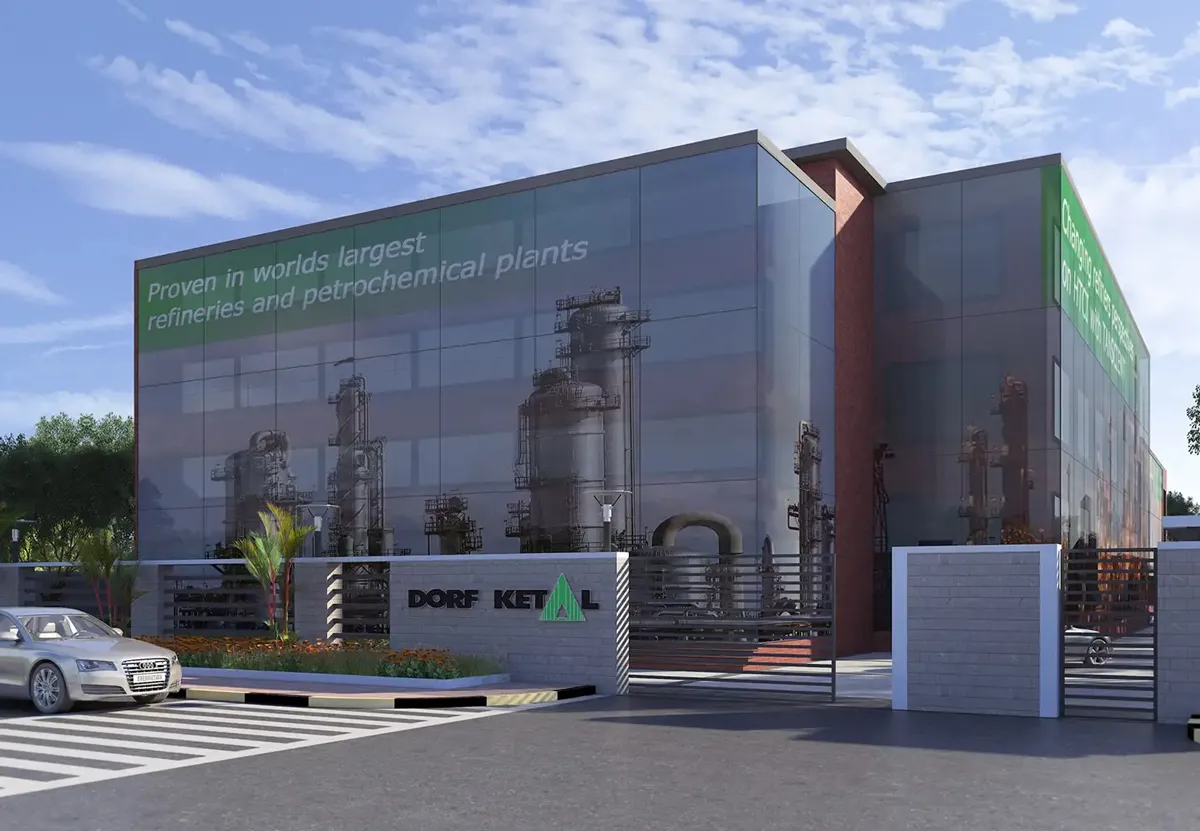
Dorf Ketal In Talks To Acquire Italy’s Italmatch For $1.6 Billion
Dorf Ketal, a global manufacturer and supplier of speciality chemicals, is in advanced negotiations to acquire Italy-based Italmatch Chemicals SpA for around $1.6 billion. The deal is being facilitated by the current owners, Bain Capital.Both companies have entered into exclusive discussions and are reportedly close to finalising the Shareholder Agreement (SPA) within the next few weeks. A formal announcement is expected by the end of the month. If completed, this would mark Dorf Ketal’s largest-ever acquisition, underscoring its global growth ambitions and the accelerating consolidation wit..





